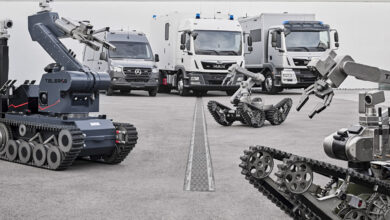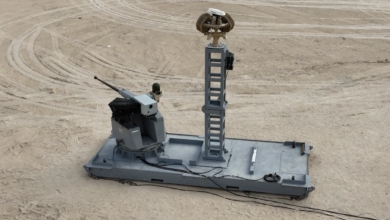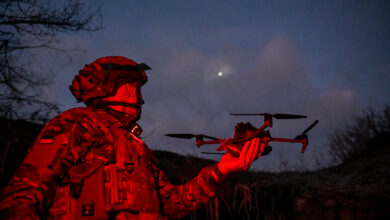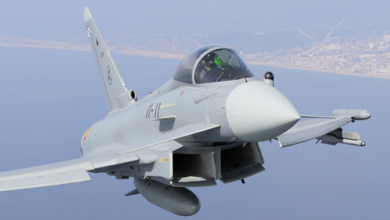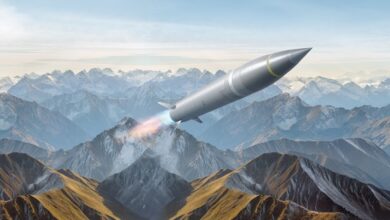The government of Kosovo has acquired an unspecified number of Bayraktar TB-2 drones from Turkey as part of a push to modernize its military.
Kosovo Prime Minister Albin Kurti announced the development on social media, adding that the unmanned platforms have already been handed over to the Kosovo Security Force (KSF).
Procurement of the Turkish-made drones was made possible after Pristina increased its army budget for this year by “100 percent,” according to Kurti.
Apart from buying the kamikaze drones, the prime minister revealed that several KSF officers underwent training on operating the state-of-the-art systems.
About 20 Kosovan military officers are reportedly still in Turkey and will join the fleet by the end of this year.
A Bid to Join NATO
Kosovo’s latest military procurement drives align with its aim to bolster its defense capabilities to close the gap with its Balkan neighbors.
Defense Minister Armend Mehaj said his main priority is the modernization of Kosovo’s military arsenal to address emerging threats.
He further claimed that Pristina already possesses “indomitable” and “peace-guaranteeing” armed forces, making it suitable to become the 33rd country to join NATO.
“These are not the only equipment we possess,” Mehaj wrote on Facebook. “We have been and continue to be supplied every day to enhance our capacities.”
However, NATO warned the Kosovo government over the recent purchase, saying its peacekeeping operation remained in charge of the territory’s airspace.

The Bayraktar Drone
The Bayraktar TB-2 is a medium-altitude, long-endurance drone manufactured by Turkey’s Baykar Makina.
It is designed to deliver increased combat effectiveness, especially when performing reconnaissance or strike missions.
The drone is capable of carrying multiple types of payload, including advanced electro-optical/infrared cameras, a laser designator, and a synthetic aperture radar.
Additionally, it can travel at a maximum speed of 120 knots (222 kilometers/138 miles per hour) for up to 27 hours.
The Bayraktar TB-2 drone has gained more popularity since Russia invaded Ukraine in February 2022, apparently due to its effectiveness in destroying enemy assets and frontline formations.




